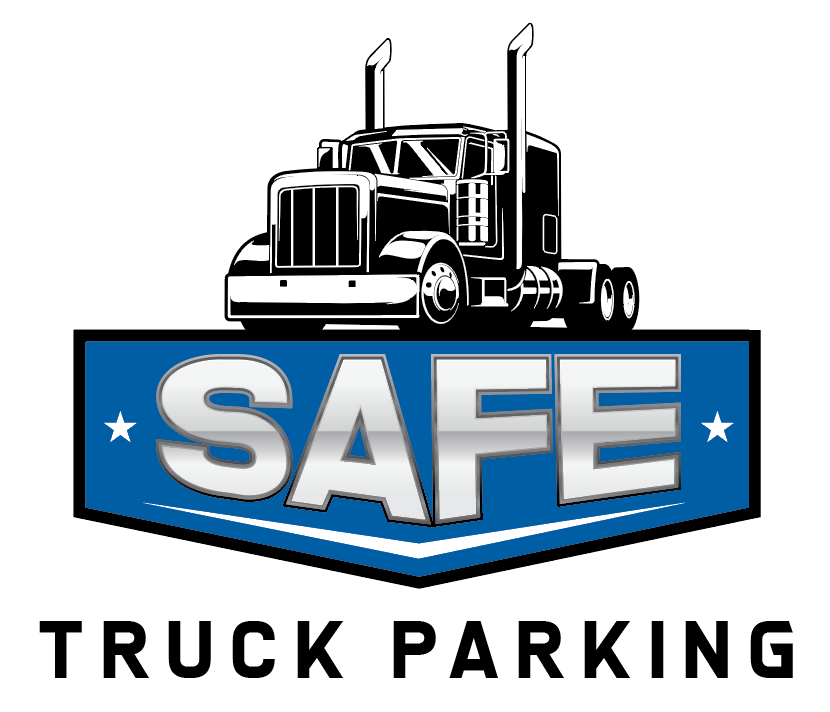The Top Benefits of Using Telematics For Your Fleet
In the trucking and transportation industry, we are always looking for high-quality innovations. In this business, time really is money—which means there is an extraordinary focus on increasing efficiency. The majority of fleet managers are looking for ways to get their drivers on the same page, and telematics might be the answer. This post will explain what telematics is and how it can help you take complete control of your fleet for the better. You really can't argue with these results!
What Is Telematics?
Telematics is a type of process that involves remote updates regarding important information for long-distance travel. While many modern fleets travel far and wide, even local ones can benefit from knowing a little extra information on the road.
In the world of telematics, there are telematics systems. These systems cannot only capture important industry information but also relay that information in real-time. For drivers on the road, knowing what is up ahead can be the difference between a happy customer and a late delivery. These systems work directly with drivers and their trucks to provide the most relevant information to support informed decision making. It helps drivers and fleet managers always choose the best course of action to get the job done—and the benefits don't stop there!
How Does Telematics Work?
Telematics systems work by referencing crucial information regarding travel, the road, and hazards. These systems can update in real-time and directly provide the data to fleet managers and drivers to ensure optimal decision-making. The kinds of data that these systems provide can play a large role in influencing drivers' path to success.
On the driver side, telematics systems often begin with a GPS installed directly onto the truck. With this device, the system will always know where drivers are and chart courses in real-time. These systems can also provide insight regarding vehicle usage, maintenance issues, and even fuel consumption. It makes it easy for fleet managers and drivers to assess certain habits and learn more about the vehicles themselves.
On the fleet manager side (which can also be managed by a third-party company), telematics is all about relaying information. Fleet managers can reach out to drivers about relevant information to ensure that the best decisions are made. Alerts might be surrounding a nearby accident, dangerous weather conditions, or even issues with the vehicle itself.
Top Benefits of Using Fleet Telematics
Since telematics systems provide relevant information to drivers on the road, it comes as no surprise that they offer many benefits. Below, we will explain some of the best perks that come with using telematics to empower your fleet.
Increased Efficiency and Productivity
The real power of telematics systems lies in their ability to increase efficiency and productivity significantly. While some fleets rely on their drivers' knowledge, telematics systems allow drivers to learn more on the road. These systems can help drivers navigate road delays—and they can even help chart a more efficient course than your fleet might be using. Since these changes can help speed up drive times, it allows your fleet to operate to the best of its ability and quickly finish more jobs.
Reduced Fuel Wastage and Operational Expenses
Operating costs are a significant area of concern for fleet managers. With telematics systems, there are substantial savings in place. Time spent in traffic or spent idling can result in enormous fleets expenses—expenses that should always be avoided. With telematics, knowing how to dodge time spent idling is a breeze. It gives fleet managers the ability to safely navigate their drivers around any issues so that time spent in the truck is always productive. Not only will this save on general time, but also on fuel costs since less fuel will be wasted sitting in traffic. Since drivers will know that their actions are being seen, they will also be more incentivized to appropriately use company time.
Better Payroll Management
With telematics systems, it has never been easier to manage payroll. These systems will provide a minute-by-minute reading of how much time your drivers spend actively on the road. Using these systems, you can export the data directly to ensure that drivers are paid for every minute they spend on the road—and they won't even be responsible for reporting their own time!
Improved Safety
While your fleet might be filled with seasoned professionals, that doesn't mean that they are completely perfect. Sometimes experienced drivers make mistakes because they get complacent. Telematics systems can help with this significantly. Since these systems can monitor driving, you will always know if one of your drivers are out of compliance—or if the vehicle is. These systems can provide reports on the car and also have the ability to recognize hard breaking, speeding, and even excessive acceleration.
Driver Exoneration
Fleet drivers are often dedicated professionals, but accidents do happen. Many people are shocked to learn that the accidents involving trucks are often the fault of civilians, not the professionals. With telematics
systems, your drivers and your company can defend themselves against false police reports or errors in recounting accidents. This little safety measure can go a long way in ensuring that your drivers are protected, even when tragedy strikes.
Automated IFTA Reports
It is no secret that fleet managers hate IFTA reports, but it is work that must be done. With a proper telematics system, fleet managers can make this process more comfortable than ever by relying on the available data. It helps fleet managers to be more accurate and makes it possible to save time pulling together the information required. Even better, it makes it easy to reduce errors in calculations, which can save your fleet quite a bit of money. Let the computer handle everyone's least favorite administrative task with a sound telematics system. You'll get back several hours' worth of time every quarter!
